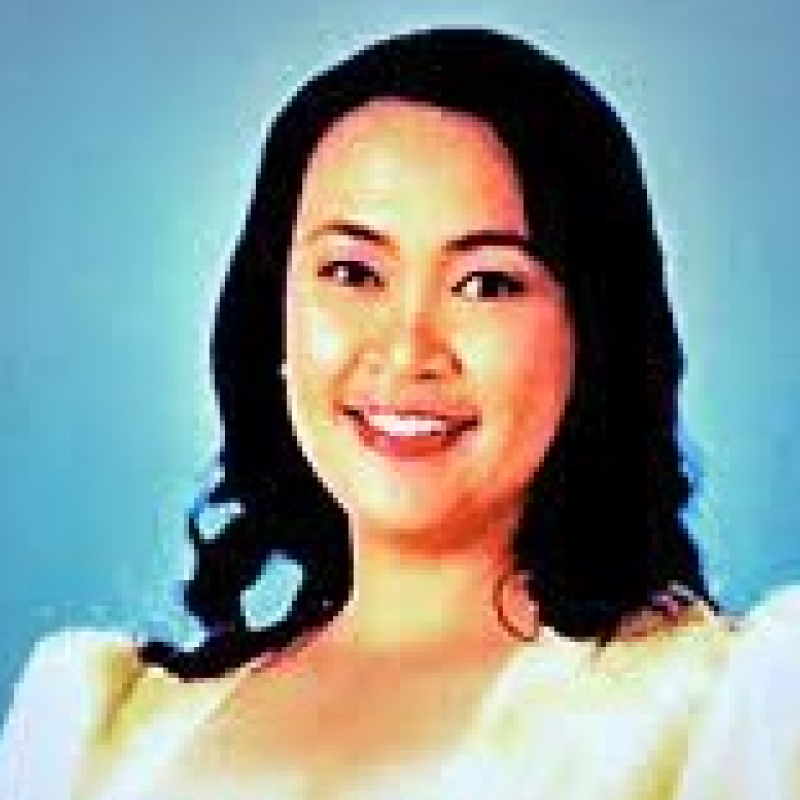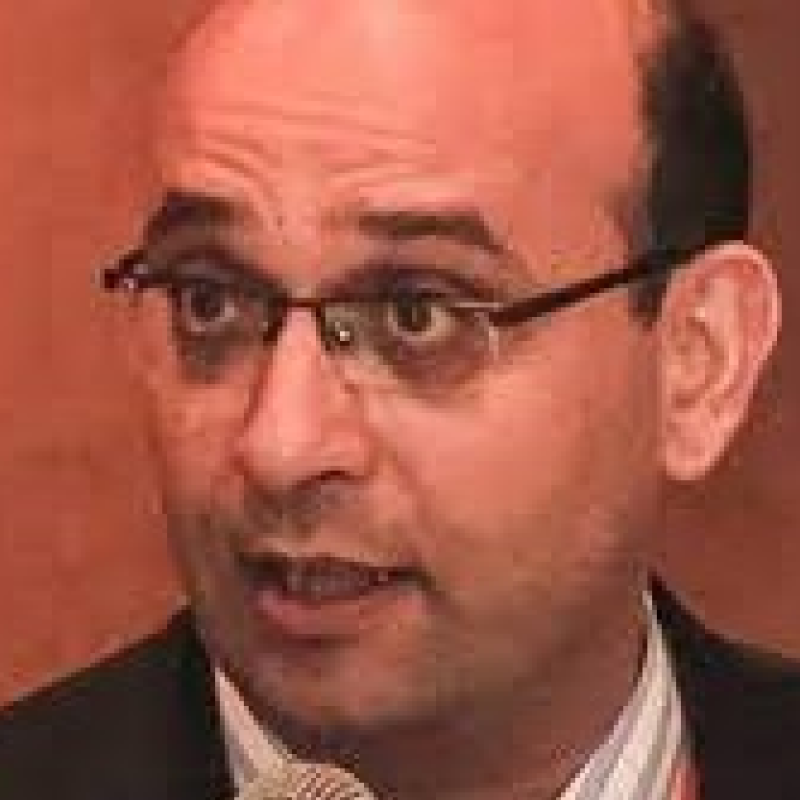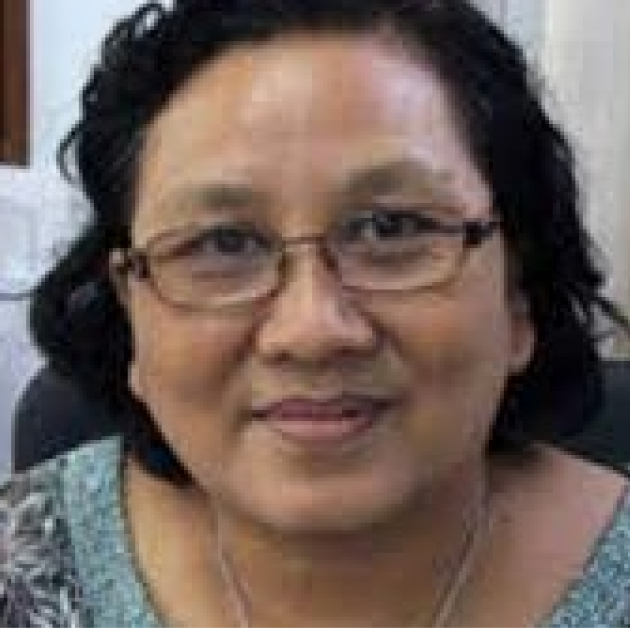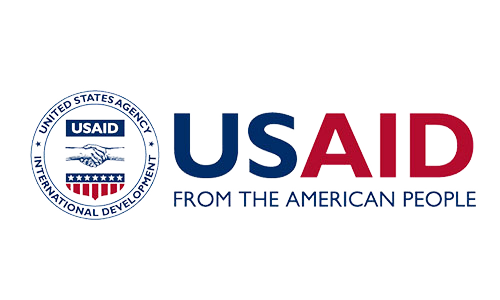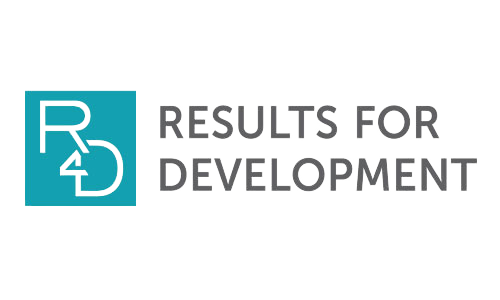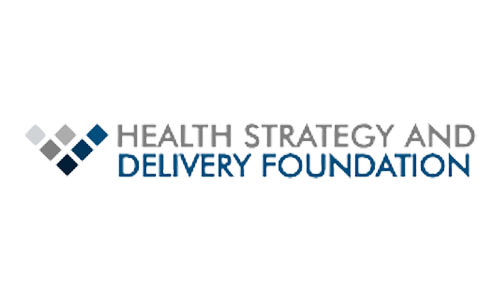Manuel M. Dayrit MD, MSc
Adjunct Professor and Former Dean, Atenea School of Medicine and Public Health
Manuel M. Dayrit has been a public health practitioner for 45 years. He has worked in the public, private, NGO, and international sectors as well as in academia. He served as Secretary of Health, WHO Director, and Dean of a medical school.






